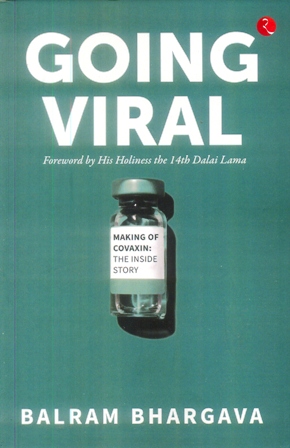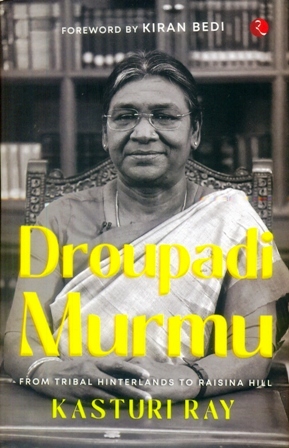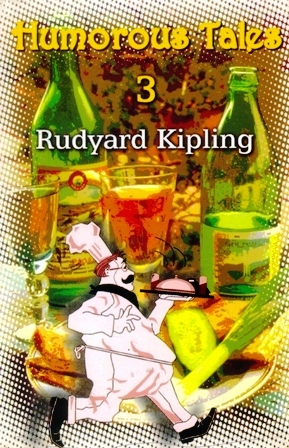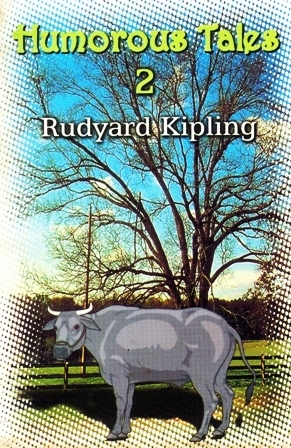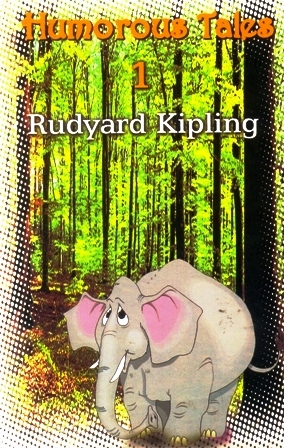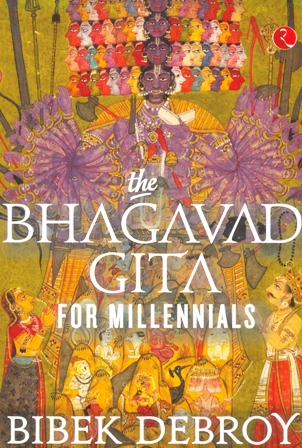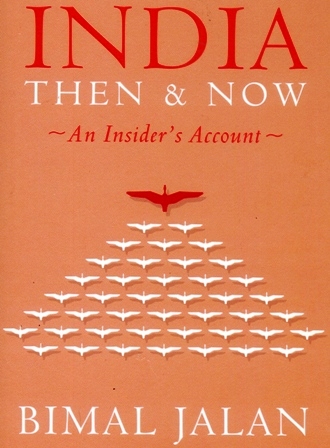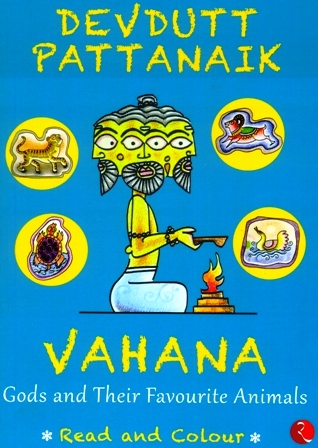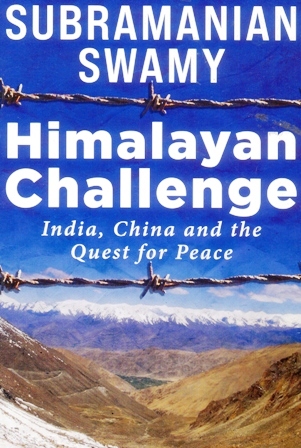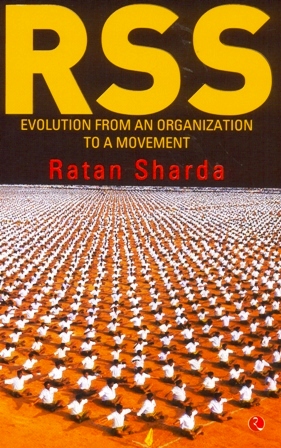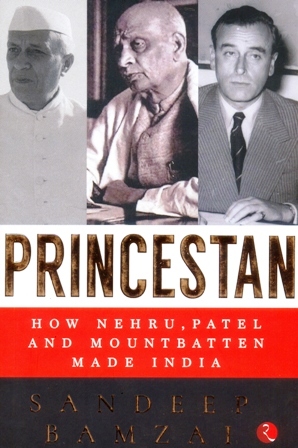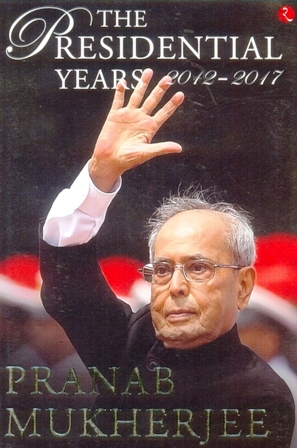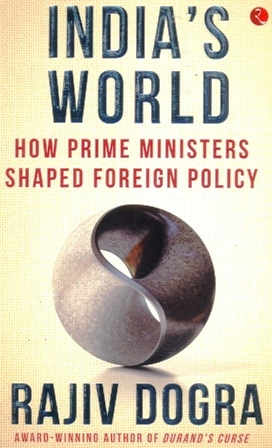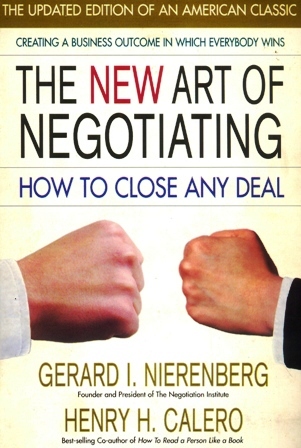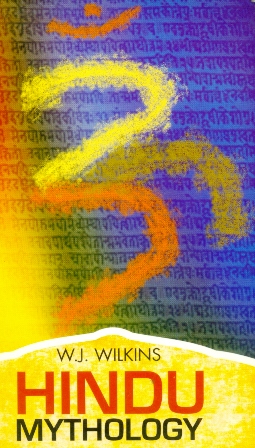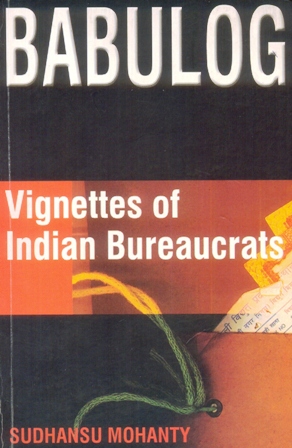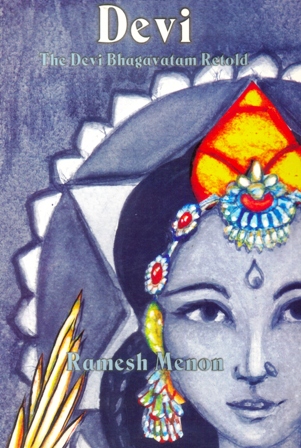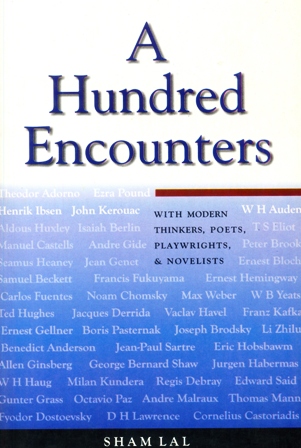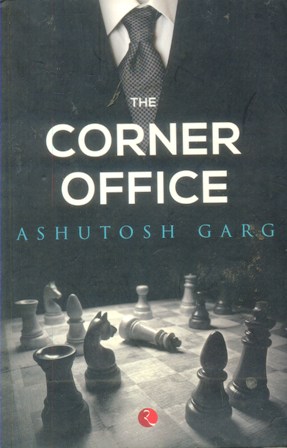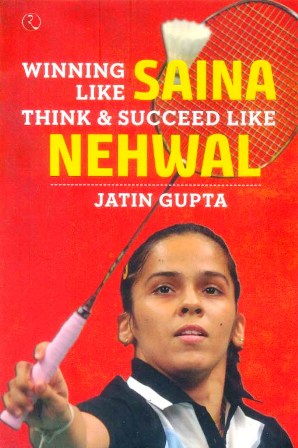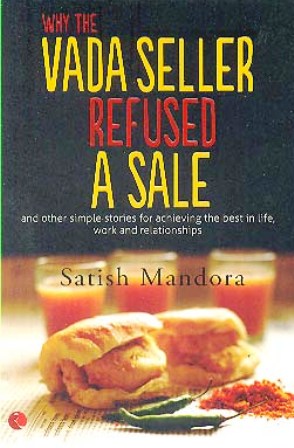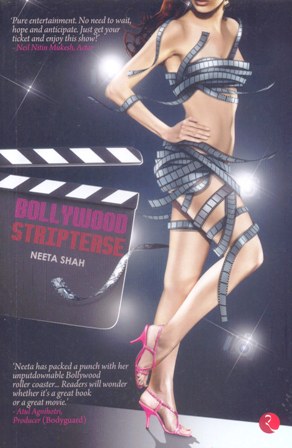-
Going Viral
Going Viral records the encouraging story of tackling the pandemic in India and the efforts of all who have worked tirelessly to keep us safe. The COVID-19 pandemic caused enormous suffering across the globe. All countries irrespective of their economic, social and health infrastructure or cultural status plunged into unimaginable devastation. India also went through its share of despair and agony. As a nation, we fought this pandemic bravely with the all-round support of the government, scientific agencies and the public and came up with customized solutions to save the nation. The biggest among them was the development of an indigenous vaccine in record time. Going Viral is an honest attempt to take readers through the journey of India’s homegrown vaccine as seen through the eyes of Dr Balram Bhargava, a medical scientist and the director general of India’s apex medical research organization, the Indian Council of Medical Research (ICMR). Starting with the report of a mysterious pneumonia-like illness from Wuhan to the detection of the first case, Bhargava shares his own experience while fighting the health crisis of the century. From the development of a robust laboratory network, diagnosis, treatment and serosurveys to new technologies and vaccines, the book touches upon the intricacies of science and challenges faced by our scientists during the fight against COVID-19.
-
Droupadi Murmu: From Tribal Hinterlands to Raisina
‘Johar!’ began President Droupadi Murmu’s first presidential address. That word, a tribal greeting, marked a milestone in the history of the nation and a new direction in its politics. Droupadi Murmu: From Tribal Hinterlands to Raisina Hills encapsulates the journey of a tribal girl who defied all odds to grow up into an institution signifying resilience, determination and grit. Charting a path less travelled, Murmu carved out many firsts, right from stepping out of the nondescript village Uparbeda in Mayurbhanj district of Odisha to becoming the First Citizen of India. Through interviews and detailed analysis, journalist Kasturi Ray tracks Murmu’s life, following her through school and college, from being a teacher to social worker, councillor to minister, from taking charge as the governor of Jharkhand to becoming the president—a tale of incredible resilience and dedication to service. She narrates how Murmu was able to overcome personal tragedy and return to her commitment to helping the people and giving a voice to the downtrodden and underserved. In the seventy-fifth year of Independence, when the nation celebrated Azadi Ka Amrit Mahotsav, she was chosen to lead the country, raising the hopes of millions of the downtrodden, tribals and women. The book traces her footprints in the sands of time as a fighter, believer and winner and narrates an inspiring journey.
-
The Call Of The Man-Eater
Anderson's love-hate relationship with panthers and tigers who terrorised the villagers and were eventually hunted down by the author in hair-raising encounters is legendary. In this book the jungle scenario is crowded with a hyena, a jackal, a bear, a barking deer and a few snakes which the hunter-writer tamed and kept as pets around him.
-
Humorous Tales: Volume Four
Rudyard Kipling' (1865-1936) was born in India, and lived there till he was sent to England for schooling at the age of five. He returned after completing his studies and worked as a journalist and writer for several years. Kipling made his name as a novelist, poet and short-story writer, through iconic works like 'The Jungle Book, Kim', 'If' and 'Plain Tales from the Hills'. He is the youngest person to win the Nobel Prize for Literature, which he did in 1907. He was also awarded the Gold Medal of the Royal Society of Literature in 1926.
-
Humorous Tales: Volume Three
Rudyard Kipling' (1865-1936) was born in India, and lived there till he was sent to England for schooling at the age of five. He returned after completing his studies and worked as a journalist and writer for several years. Kipling made his name as a novelist, poet and short-story writer, through iconic works like 'The Jungle Book, Kim', 'If' and 'Plain Tales from the Hills'. He is the youngest person to win the Nobel Prize for Literature, which he did in 1907. He was also awarded the Gold Medal of the Royal Society of Literature in 1926.
-
Humorous Tales: Volume Two
Rudyard Kipling' (1865-1936) was born in India, and lived there till he was sent to England for schooling at the age of five. He returned after completing his studies and worked as a journalist and writer for several years. Kipling made his name as a novelist, poet and short-story writer, through iconic works like 'The Jungle Book, Kim', 'If' and 'Plain Tales from the Hills'. He is the youngest person to win the Nobel Prize for Literature, which he did in 1907. He was also awarded the Gold Medal of the Royal Society of Literature in 1926.
-
Humorous Tales: Volume One
Rudyard Kipling' (1865-1936) was born in India, and lived there till he was sent to England for schooling at the age of five. He returned after completing his studies and worked as a journalist and writer for several years. Kipling made his name as a novelist, poet and short-story writer, through iconic works like 'The Jungle Book, Kim', 'If' and 'Plain Tales from the Hills'. He is the youngest person to win the Nobel Prize for Literature, which he did in 1907. He was also awarded the Gold Medal of the Royal Society of Literature in 1926.
-
The Bhagavad Gita For Millennials
A millennial’s guide to the Bhagavad Gita, the foundational text on dharma. As Arjuna stands on the battlefield of the Great War of Kurukshetra, he finds himself surrounded by men he has known for years. He must wound, maim or kill them to earn what the Pandavas deserve. But how can he kill those in whose laps his childhood was spent, those gurus who taught him to hold his bow? As Arjuna faces this dilemma, Krishna, an avatara of Lord Vishnu, appears before him in his universal form. And thus begins a dialogue between them on what is right and what is wrong, on dharma and on the cycle of cause and consequence. One of the core Hindu scriptures, the Bhagavad Gita holds important lessons on how we can live our lives and fulfil our duties, but the millennials may consider it too ancient for their use or too complex for their understanding. In this book, Bibek Debroy recasts the Bhagavad Gita in a simple and cohesive form for millennials, so that its content and deeper meaning are not lost with the generations of our grandparents and parents.
-
India Then And Now
An inward-looking economy with a State-dominated development programme to a liberalized economy operating in a globalized world—India has indeed come a long way since Independence. In this volume, Bimal Jalan—long-standing witness to India’s trajectory through the decades—gives us a complete picture of the country’s economic journey so far. In the pages of this book we read about broad issues of development policy, the role of science and technology, exchange rate management, globalization and more—all significant themes in the ongoing debate on India’s approach to economic reforms towards 2025 and beyond. Based on extensive research and data, and aided by Jalan’s experience as the former governor of the Reserve Bank of India, this book, more importantly, also gives us a vision for the way ahead. As India—and indeed the world—faces challenging times, the recounting of tales from India’s economic history, when accompanied by the observations and wisdom of a senior economist like Bimal Jalan, can help allay fears and give optimism for the times to come.
-
Vahana Gods And Their Favourite Animals
The gods needed animals to travel around the world and the animals needed the gods to learn how not to be hungry. This was an amazing idea, thanks to goddess Saraswati. This is how vahana came into being.
-
Himalayan Challenge India China And The Quest For
In September 1978, at the invitation of the prestigious Chinese people’s Institute of foreign affairs, Subramanian Swamy, then a Lok Sabha member of Parliament of the ruling Janata party and an elected member of the Party’s National executive, travelled to China as an envoy of the then prime Minister, Morarji Desai, where he met senior leader Ji pengfei. This led to the first contact, since 1962, between the ruling parties of both countries. Later, in April 1981, Swamy, the then deputy leader of the opposition, was invited to meet China’s Supreme leader, Chairman Deng Xiaoping. In this historic 100-minute meeting, Swamy successfully persuaded Deng to reopen the—Kailash Mansarovar route for Hindu pilgrims. In August that year, he also led the first delegation to the holy site, which he Revisited as a guest of the Chinese government in June 2016. It is this vast, first-hand experience that Swamy combines with a provocative exploration of historical sources and fascinating new insights to create Himalayan challenge—the most compelling and definitive account of India–China relations. From uncovering the perfidy committed by the British vis-a-vis the McMahon line in 1936 and the circumstances leading to the folly of war in 1962, to the current fluid situation at the border, this seminal work effortlessly blends meticulous scholarship and memoir-style writing in an intellectually rich fashion. Swamy breaks new ground when he suggests a middle path—grounded in pragmatism, and not carried out over fear or overreaction—that India must take in her interactions with China.
-
RSS Evolution From An Organization To A Movement
What makes the RSS unique? How has the Rashtriya Swayamsevak Sangh evolved from a ‘shakha’-based organization, which started in an obscure corner of Nagpur in 1925, to a pan-global movement? How is it possible for an organization not to split in nearly 100 years of its existence? Part of the answer lies in the personality of the heads of the RSS or Sarsanghchalaks as they are respectfully called. Each of the Sarsanghchalaks, from Dr Keshav Baliram Hedgewar to Dr Mohan Bhagwat, has played a key role in guiding and shaping the organization, helping it to evolve into a body that has shown exponential growth while playing a major role in the renaissance of Hindu dharma. Accessing RSS documents, written originally in Marathi and Hindi, conducting meticulous research in the archives, and relying on letters, official statements, resolutions, and his first-hand knowledge of working with five out of six Sarsanghchalaks, the author provides a holistic study of the evolution of the RSS. The hundredth anniversary of the founding of the RSS is less than five years away. For the first time, readers will now be able to have a historic, factual and authentic understanding of this gigantic people’s movement, told by an insider.
-
Princestan How Nehru Patel And Mountbatten Made In
In the run-up to independence, a vile plan was devised by a handful of powerful princes to not join either India or Pakistan. The plan was led by the Chancellor of the chamber of princes, Nawab of Bhopal, who was operating under the patronage of Mohd. Ali Jinnah, Lord wavell and British prime Minister Winston Churchill. The idea was to create a third dominion called princestan where the 565 princely states would stay outside the ambit of the two free states and retain paramountcy under the aegis of the departing British. The success of such a malevolent plan would have made the newly independent nation unstable and vulnerable. However, three persons stood in the way of the nefarious British plan to balkanize India. This is the hitherto untold story of how Jawaharlal Nehru, Lord Mountbatten and Sardar Patel battled the rulers of the princely states at every twist and turn to foil that cunning plan, even as the process of decolonization had begun.
-
The Presidential Years 2012-2017
The presidential years gives a fascinating account of how one of the country most respected veteran politicians reshaped the functioning of Rashtrapati Bhavan and responded to tumultuous events as the country first citizen, leaving behind a legacy that will be hard to match. Pranab Mukherjee became President of India after having spent several decades in politics, and there was great speculation over how he would approach his new bipartisan role after having been associated with a political party for so many years of his life. By the time he had served his Term, Mukherjee had won the respect and admiration of people from across the political spectrum, including those who were his rivals when he was a political figure. He had the occasion to work with two prime ministers, belonging to two parties who were (and are) fiercely opposed to each other, and he managed to do so with aplomb.
-
India's World
When Narasimha Rao became the prime minister in 1991, just a billion dollars separated India from bankruptcy. He was told by Finance Minister Manmohan Singh, that petrol pumps would run dry after two weeks. India was forced to ship 46.8 million tonnes of gold to secure $400 million in loans from the Bank of England and Bank of Japan. This blow to the national pride may not have been comparable to the military humiliation of 1962, but it was bad enough. Carved in riveting prose, India’s World is about such trials and many triumphs of the country. Since Independence, eight prime ministers, in particular, have been the principal architects of India’s rise. From Nehru, venerated as a resolute statesman and one of the great political minds of the last century, to Modi who is acknowledged as a determined doer, the book offers a crystal clear portrait of India’s leaders. This lively volume celebrates the myriad ways in which they have made history. It asks and answers questions that people often debate about. Who was the great Indian prime minister, complete in every respect? If there was one, could it be Nehru, Indira or Rao? Or, is it Modi? Elegantly written by one of India’s finest strategic minds, it is a must-read for those curious about India’s place in the world. There are messages too for a future Indian prime minister on what to expect.
-
The New Art Of Negotiating
You negotiate every day of your life. Whether you are closing a business deal, asking your employer for a raise or simply persuading your child to do his homework, everything is a negotiation. Written by Gerard Nierenberg and Henry Calero, world-renowned experts in the field, The New Art of Negotiating introduces you to the many crucial skills involved in effective negotiation. Early in their careers, Nierenberg and Calero made a revolutionary discovery: Negotiation does not have to be an adversarial process that ends in victory for one party and defeat for the other. By having a clear understanding of each party's goals, you can steer clear of the common obstacles that derail most deals. The New Art of Negotiation provides the author's proven strategies for avoiding these pitfalls in our fast-changing, high-pressured world. You will learn how to analyse your opponent's motivation, negotiate toward mutually satisfying terms, learn from your opponent's body language and much more. Throughout, the authors will guide you in successful applying their famous 'everybody wins' tactics.
-
Hindu Mythology
This is an authoritative and exhaustive account of the Hindu gods and goddesses commonly worshipped in India and their origin and the myths and legends that grew around them. Vedic deities, puranic deities, sacred birds, animals, demons and even lesser gods identified and presented in this one handy volume.
-
Babulog Vignettes Of Indian Bureaucrats
Delightful stories and accounts on the Indian bureaucracy
-
A Hundred Encounters
A collection of one hundred book reviews, from Sham Lal's well-known literary column 'Life and Letters', A Hundred Encounters depicts a vivid picture of pertinent modern-day issues: how social scientists diagnose the evils of modernity, the reasons behind the collapse communism, the falsity of a liberalism which permits despots to exploit the poor and the insuperable difficulties in making a moderately successful transition to a market economy. It discusses modern-day globalism and consumerism, as well as an emerging class of pariah states. A Hundred Encounters, also includes the works of over forty poets, playwrights and novelists whose own special perspective provides a thought-provoking analysis of the very nature of change in today's times and the growing danger to the principles of truth, justice and freedom.
-
Winning Like Saina: Think & Succeed like Nehwal
Laying out her winning traits and abilities, this book chronicles Saina Nehwal’s journey from entering the badminton court to winning the coveted Olympic medal. Saina is not the flamboyant kind, but considering her a dove will be a mistake. Always a silent hawk, she has not let success get to her mind and continues to be devoted to badminton. Driven partly by her parents and partly by Pullela Gopichand’s coaching, she has managed to establish herself as a woman with a good head on her shoulders. Commanding a substantial brand value in a sport other than cricket in a country like India is something very few can achieve and Saina has managed to do that successfully. Based on the first-ever badminton queen of India, Winning like Saina: Think and Succeed like Nehwal focuses on an authentic portrayal of Saina and analyses her qualities that make her an ideal role model for every professional.
-
Bollywood Striptease
Nikki is bitten by the Bollywood bug at fifteen. Years later , she is an attractive and vivacious chartered accountant. However, Nikki suddenly realises that if she doesn't act fast, her dream of being a Bollywood star will soon become history. She chucks her stable job and dives into the world of glamour, to the chagrin of her family and a naturally sceptical world. Only her good friends, Shonali and Karan, encourage her. Rejections at auditions, casting couch offers, a stormy relationship – Nikki's foray into the film industry is full of sensational surprises. Then comes a point in her life. When everything looks ominous, primed for a disastrous fall. But just as in real life, things take a turn for the better. The climax is worth a wait. Bollywood Striptease captures Nikki's exciting journey through the Bollywood maze as she offers the reader a glimpse into the quotidian realities of a struggling actor's life. About The Author Her passion for creativity brought Neeta Shah. A chartered accountant, to Bollywood . Writing, an old hobby, resurfaced as her life took interesting turns. Soon the writer within her – restless and impatient – bubbled to the surface with the story of her 'behind- the-scene' experiences in bollywood: some good, some bad and some just odd. Determinedly fighting against all odds, her maiden novel came into being. Neeta's story is a massage to all young guns: go out there, chase your dreams, never give up, as success is only a step away

